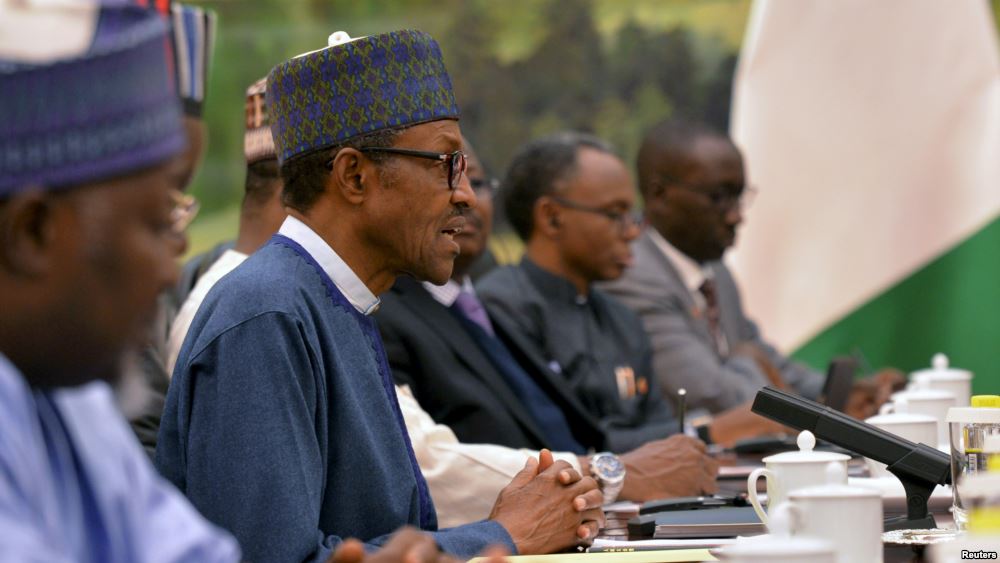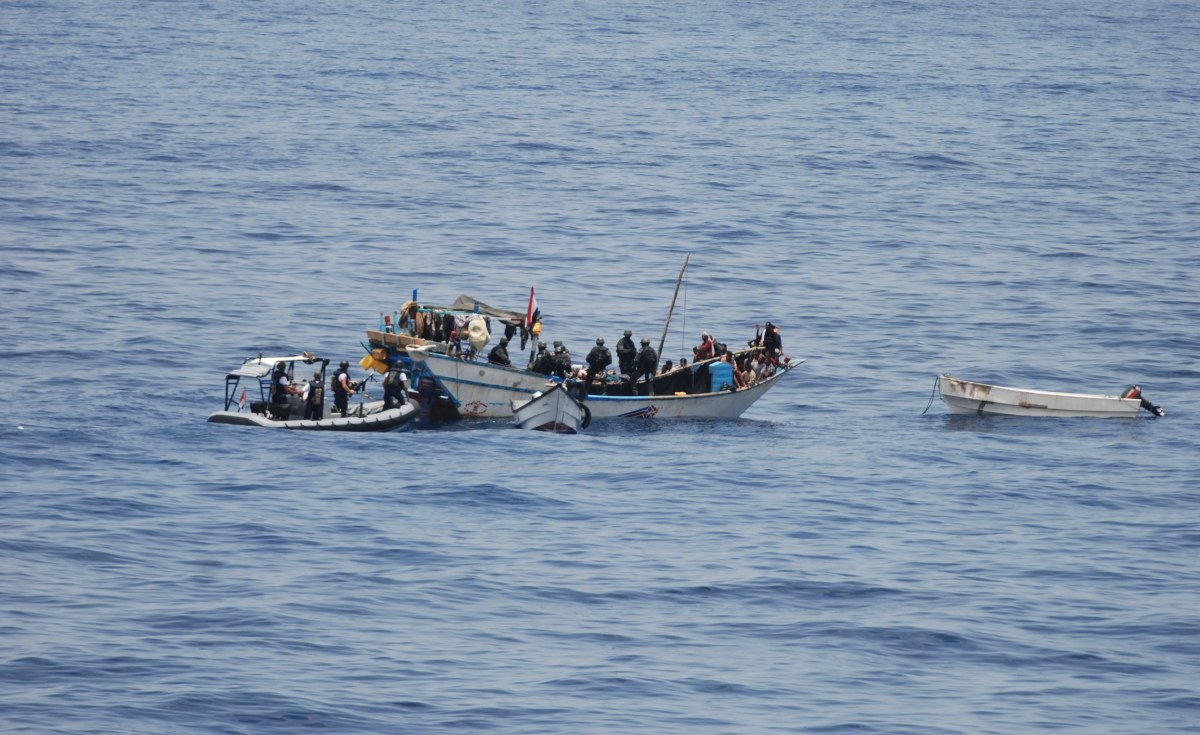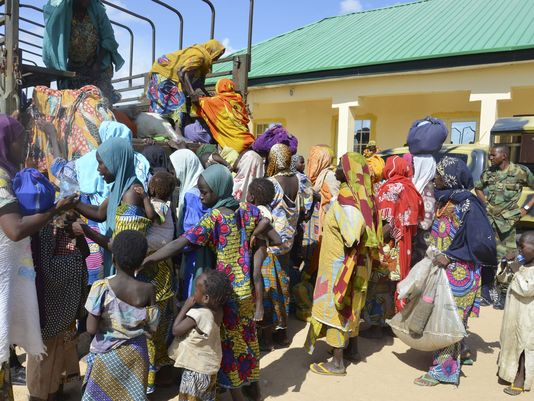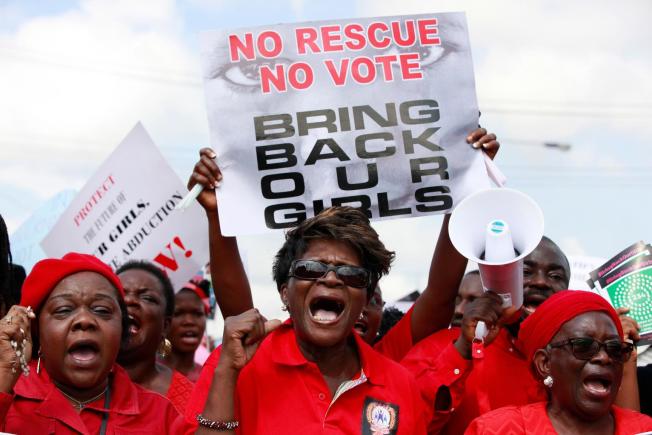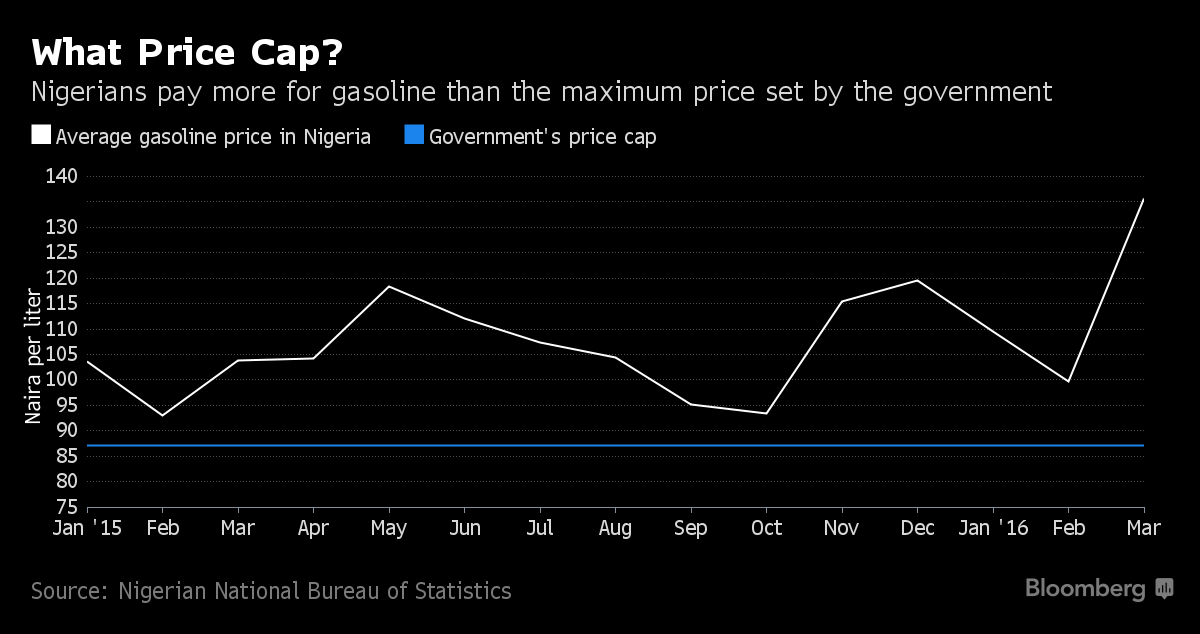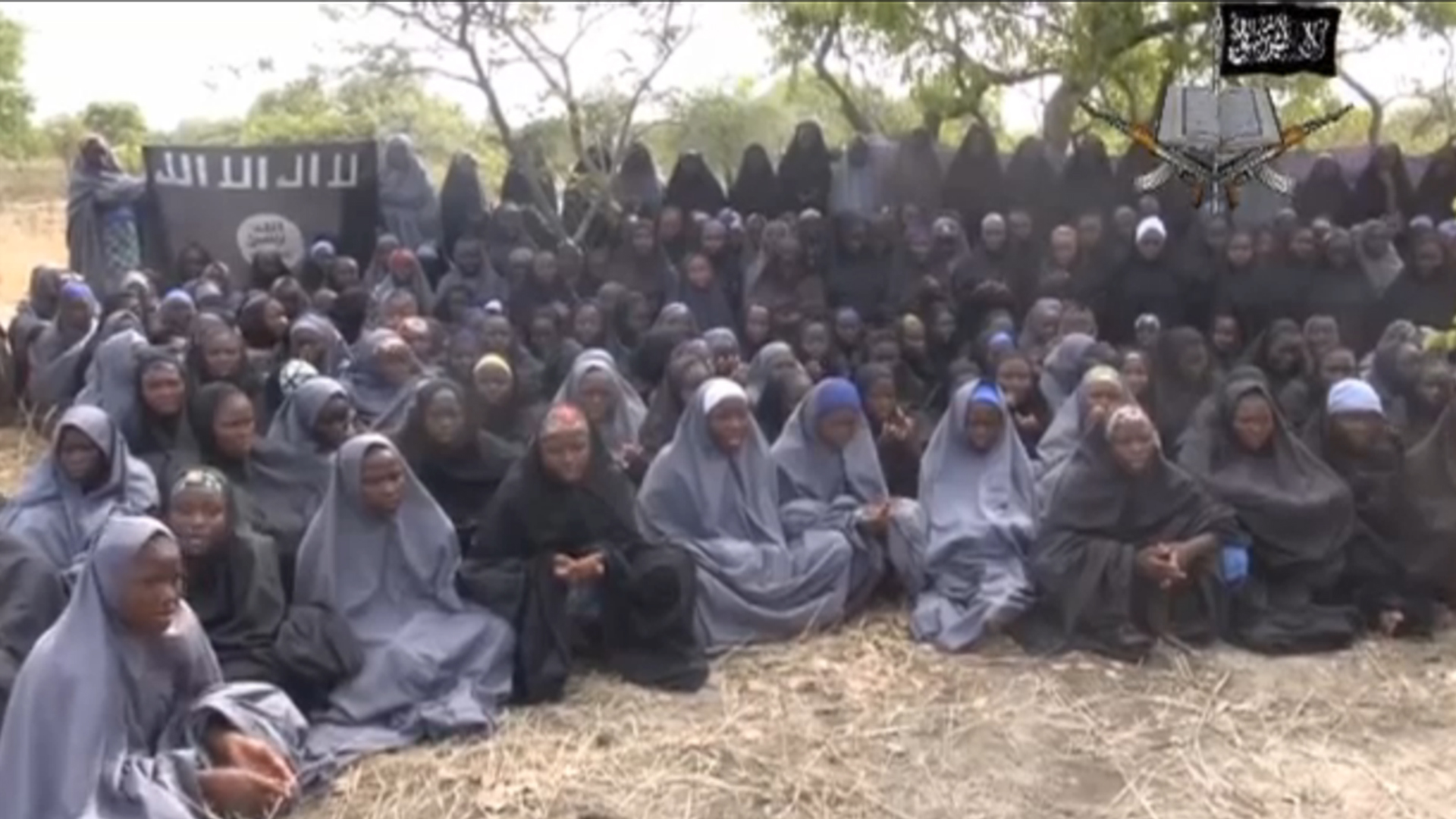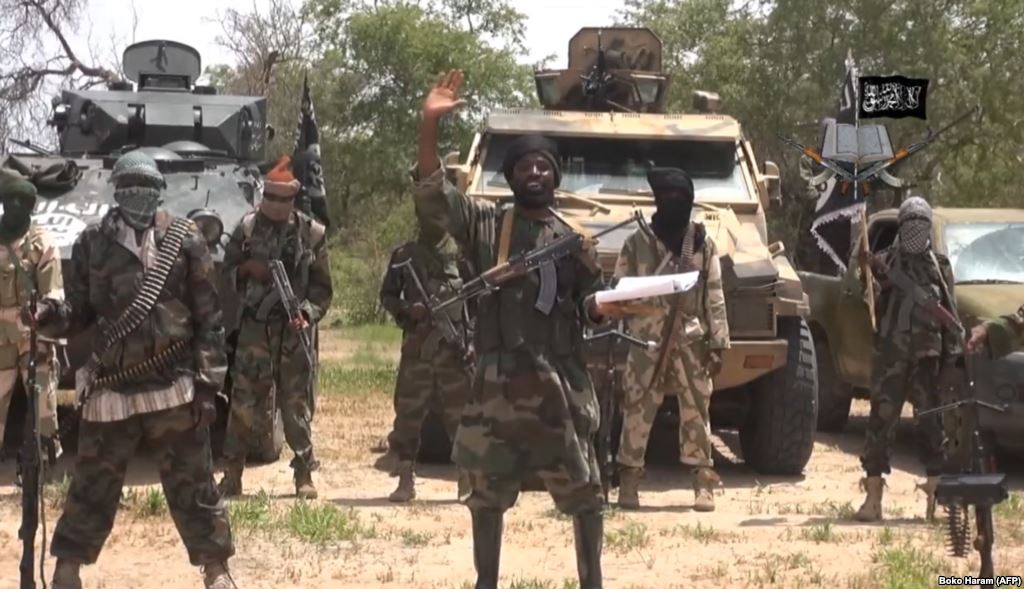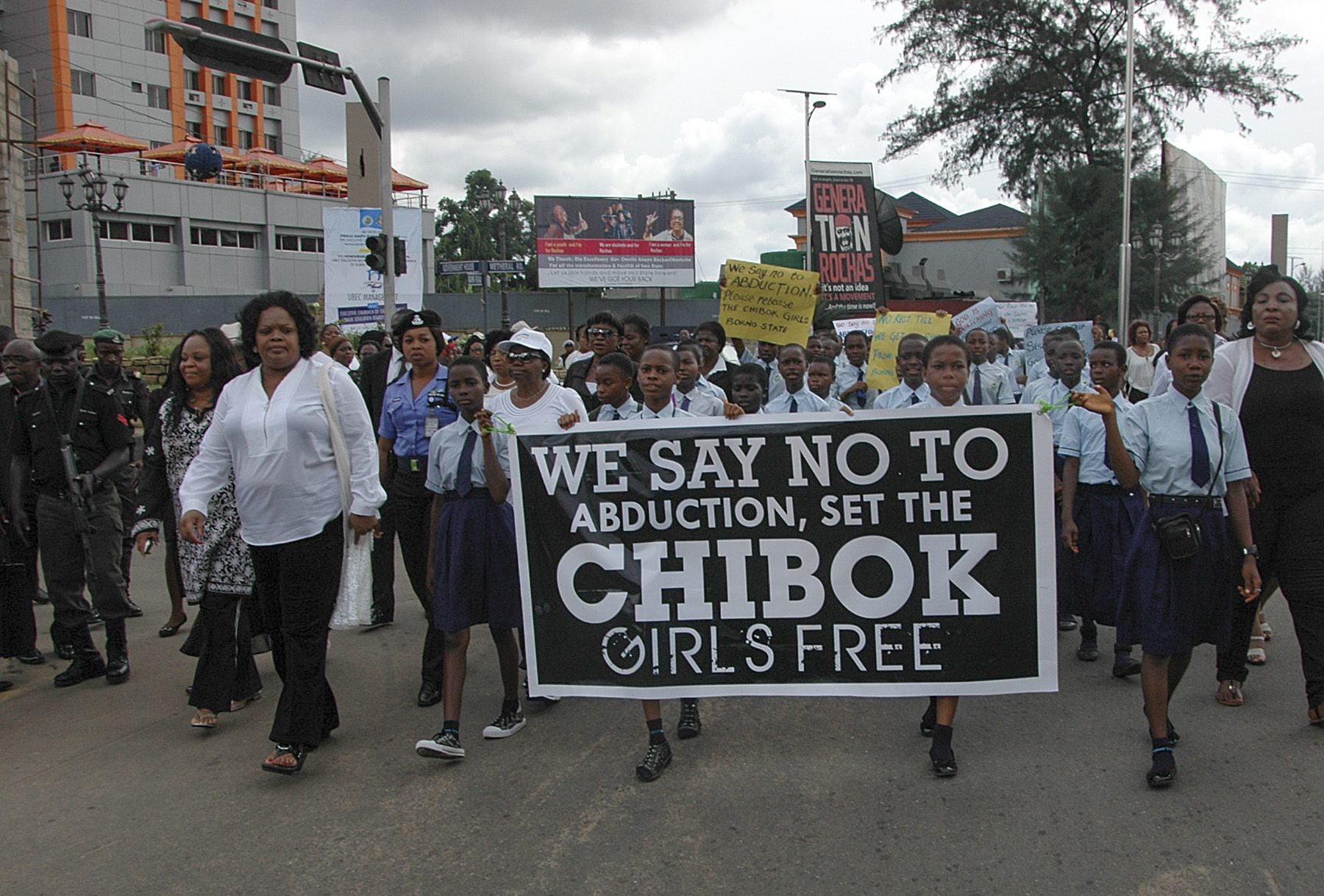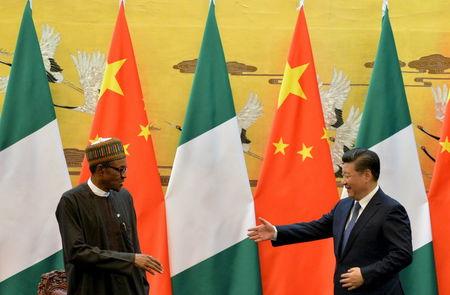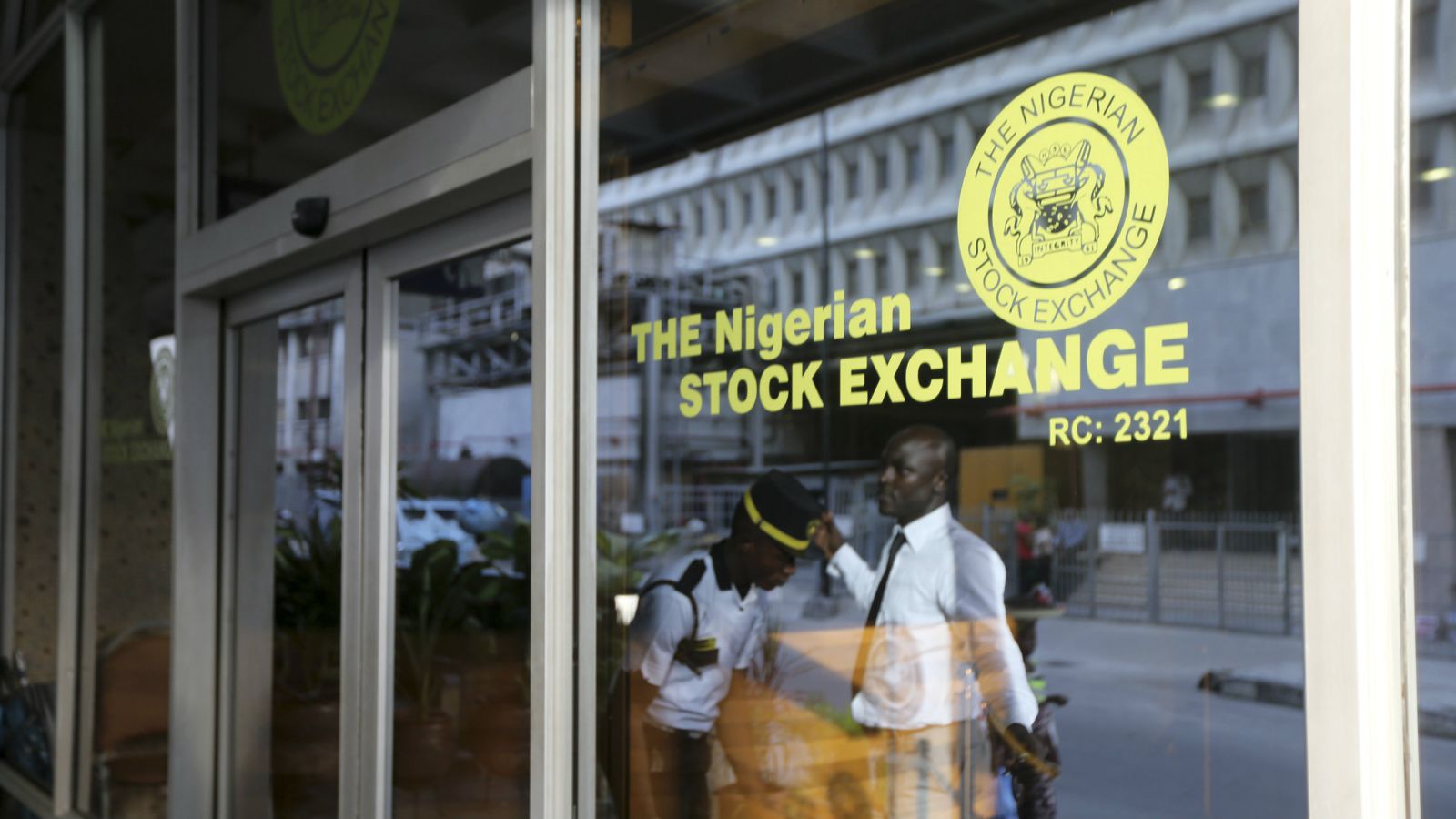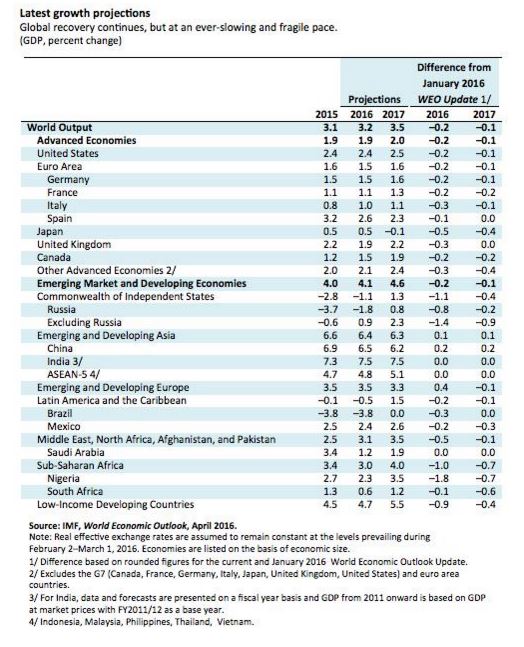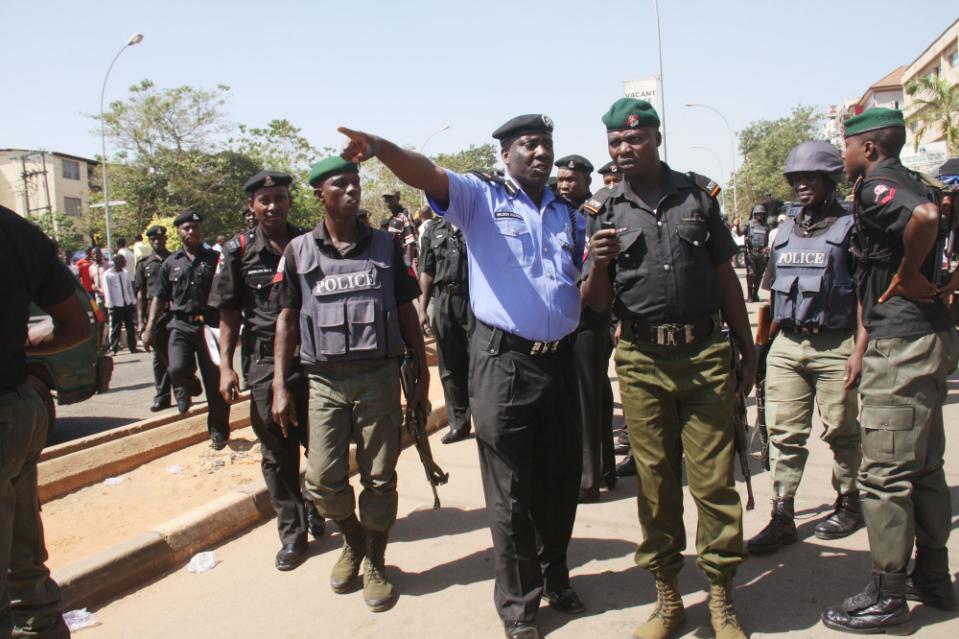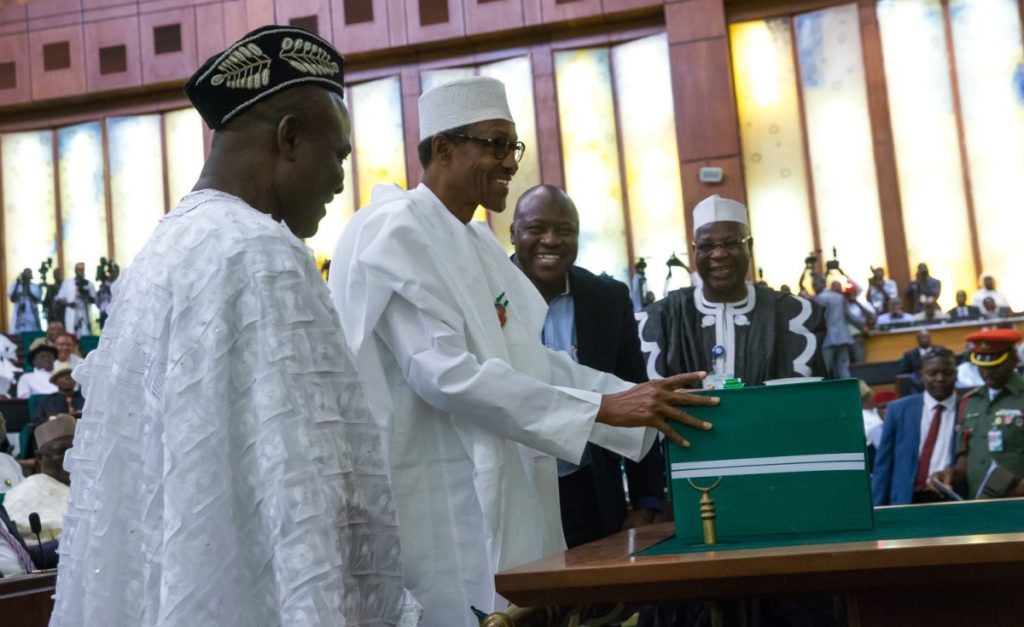
Nigeria’s journey from bankrupt, pariah state to Africa’s largest economy helped to fuel a surge in optimism about the continent over the past 15 years. Now there is a danger that its latest troubles will trigger a bout of despair. As one seasoned investor puts it: “Nigeria, with help from South Africa, is killing the African story.”
Part of that story was hyperbole — notably the broad-based nature of the continent’s revival. While there was a boom in services, investment flows and an expansion of the middle class, growth in many states was largely jobless, and underpinned by soaring world prices for commodity exports. This was especially true in Nigeria, which still depends on crude oil for more than 90 per cent of hard currency earnings and typically around two-thirds of state revenues.
Since the fall in oil prices, the cracks in Nigeria’s economy have quickly reappeared. Starved of fuel, electricity and foreign exchange the economy is grinding to a halt. Businesses are laying off staff in droves.
In turn, confidence in President Muhammadu Buhari, elected a year ago on a wave of hope, is evaporating. There are no easy answers to the dilemmas his government faces. Many were in the making long before he won elections, promising to crush corruption, invest in infrastructure and create jobs.
The challenge is exemplified by the fuel crisis — the worst in living memory. Because state-owned refineries have been mismanaged for so long, Nigeria relies on imports of fuel. This is one reason Mr Buhari is so reluctant to devalue the naira currency — fixed at an unrealistic level against the dollar, which does not fluctuate with Nigeria’s changing fortunes. The resulting distortions have eroded the commercial case for importing fuel and created a gaping spread between parallel and official exchange rates that encourages the very corruption Mr Buhari has vowed to stop.
Devaluation would be no panacea. It would hasten the depletion of foreign reserves and push up the pump price of petrol, unless government resumes paying subsidies it can ill-afford. The elimination of the subsidy might, on the other hand, trigger riots.
It is a tough choice and an even tougher political environment to make it in. Nigerians are impatient for the gains they voted for and have little appetite for further pain. Mr Buhari squandered an opportunity to act early on when he enjoyed the goodwill of the public. But the painful measures required to set Nigeria’s economy on a sustainable growth path become no more palatable the longer he delays.
Without investment Nigeria will neither continue growing nor diversify from its crippling dependency on oil. Yet no investor will put money into an economy at one exchange rate, knowing that to take it out again might require losing a third of its dollar value.
This week, China has offered help with a currency swap, and the promise of $6bn in infrastructure loans. The terms of these deals are not yet clear. But they could go some way towards plugging an $11bn budget deficit. The danger is that, together with the modest recent rise in oil prices, China’s help will encourage Mr Buhari to defer the tough decisions once again.
The president wants to eliminate the wasteful patronage on which venal elites have thrived and create an economy more dynamic in creating jobs for the masses. These are laudable long-term aims for which his government has yet to articulate a convincing strategy. In the meantime, however, the short term is pressing. No economy can survive without fuel, electricity or foreign exchange.

